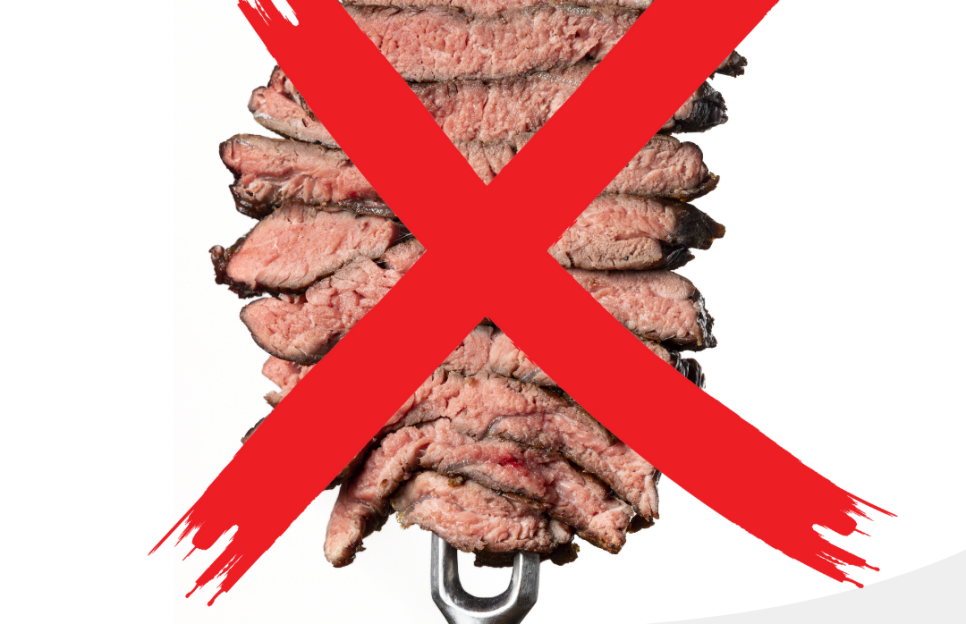


Stay tuned and follow the latest developments and news in Molecular Oncology.

CHAPTER 1o MEAT
Lower risk of cancer with less meat consumption
Vegetarians have a 14% lower chance of developing cancer than carnivores, according to a large study that links meat-eating to a heightened risk of the disease.
Cody Z. Watling, of the University of Oxford in the United Kingdom, and colleagues used data from 472,377 UK Biobank participants aged 40-70 to assess the association between vegetarian and non-vegetarian diets and the risk for all cancers. , colorectal cancer, postmenopausal breast cancer and prostate cancer during a follow-up of approximately 11.4 years.
The researchers found that, eating less meat, eating fish or being vegetarian was associated with a lower risk of all cancer sites than people who ate meat regularly.
Their study of participants in the UK Biobank study also found that:
Vegetarian men have a 31% lower risk of prostate cancer while among male pescatarians it is 20% lower. The results suggest that specific dietary behaviors such as low meat [and] vegetarian or pescatarian diets can have an impact on reducing the risk of certain cancers; in this case bowel, breast and prostate,” said Dr Giota Mitrou, director of research and innovation at World Cancer Research Fund International (WCRF), which co-funded the study with Cancer Research UK.
Source: https://bmcmedicine.biomedcentral.com/articles/10.1186/s12916-022-02256-w